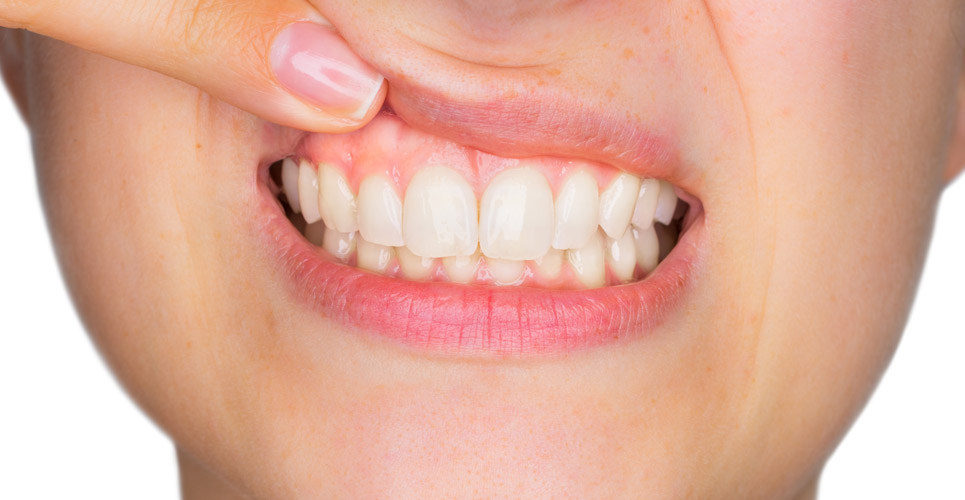
Gingivitis is a gum disease that causes swelling of periodontal tissue and occurs when there is a bacterial infection in the oral cavity. Patients with gingivitis should seek treatment from your leading dental provider, Scott Young, DDS, as soon as possible. Without proper management and care, their condition might develop into periodontitis, a more severe type of gum disease.
Who is at risk of developing gingivitis?
This common gum disease mostly affects adults, especially those over the age of 30. Other factors that may put a patient at risk of developing gingivitis include:
- Being male: There is no specific reason that makes men more prone to gingivitis. However, this gender reports more cases of gingivitis than women.
- Smoking: This detrimental habit lowers your body’s immunity to fight infections. As a result, bacteria can easily affect your gums.
What causes gingivitis?
Bacteria exist in every part of the human body, including the mouth. However, normal and safe bacteria are the ones that should live in your mouth. Your body usually fights any harmful bacteria, but if the bacteria persists, then plaque forms on your teeth. Plaque is an invisible sticky film that can harden into tartar which worsens into gingivitis. The following are reasons causing gingivitis:
- Poor dental hygiene: Not cleaning your teeth will cause harmful bacteria to survive and destroy your oral cavity.
- Pregnancy: This period is full of hormonal changes that might affect oral health.
- Having a family history of gum disease puts you at risk of developing gingivitis because specific genes are associated with the condition.
- Smoking or chewing tobacco.
What are the symptoms of gingivitis?
Most of the time, patients with gingivitis do not experience any symptoms until their condition worsens. Severe gingivitis cause:
- Bad breath that persists even after brushing your teeth.
- Bleeding gums, especially when brushing teeth.
- Red, swollen, sensitive, and tender gums.
- Pain when chewing food.
When should you visit your dentist about your gums?
If you notice any of the symptoms mentioned above, you should visit a dentist immediately to control your condition and prevent it from developing into periodontitis. The best way for you to keep track of any developing periodontal disease is to go for regular checkups so that your dentists understand the state of your mouth and advise you on the best preventative measures to follow.
How does a dentist diagnose gingivitis?
During diagnosis, the first step is for your dentist to perform a comprehensive inspection assessing all your symptoms, like bleeding, to best understand the severity of your condition. An accurate diagnosis will help your dentist develop a suitable treatment plan for you. Imaging tests like X-rays can help your dentist determine the extent of your gum disease and confirm whether it has affected the bones underneath.
Treatment of gingivitis
Your dentist will develop a treatment plan that will restore the integrity of your teeth by controlling the infection. Some of the most common treatment options doctors recommend include:
- Scaling and root planning to remove tartar and smoothen the roots of affected teeth.
- Recommending an oral hygiene routine that will help clear up the gingivitis and maintain teeth cleanliness. An antimicrobial mouth rinse can help eliminate any harmful bacteria.
Schedule an appointment with a dentist at Scott Young, DDS, if you have any questions about gingivitis and find out the best way for you to improve your oral health and restore health to your gums.




